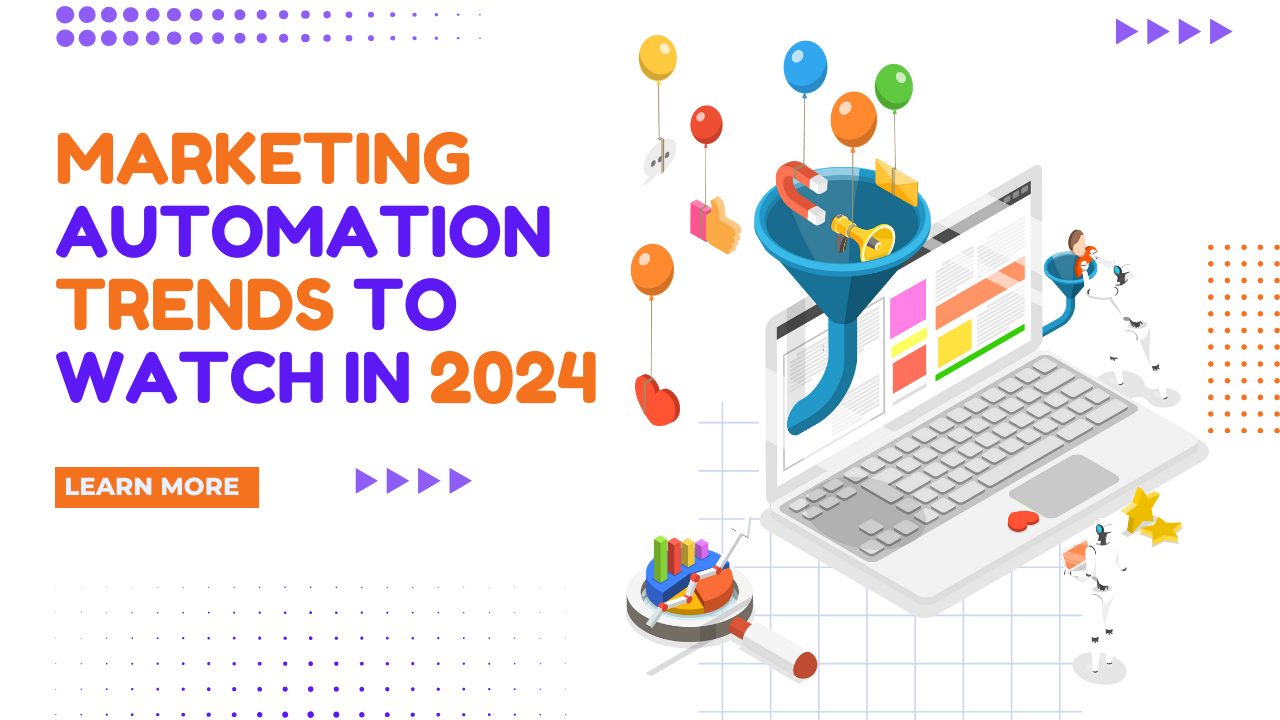Marketing automation continues to evolve rapidly, and 2024 is shaping up to be a landmark year for innovation in this domain. With the rise of artificial intelligence (AI), heightened privacy concerns, and an increasing focus on personalization, businesses are rethinking how they approach automated marketing. The need for efficiency, adaptability, and customer-centricity is driving these changes, pushing companies to embrace new tools and strategies. This article delves into the key marketing automation trends to watch in 2024 and how they can revolutionize business operations. Explore more about our company on [our homepage].
AI-Powered Marketing Automation
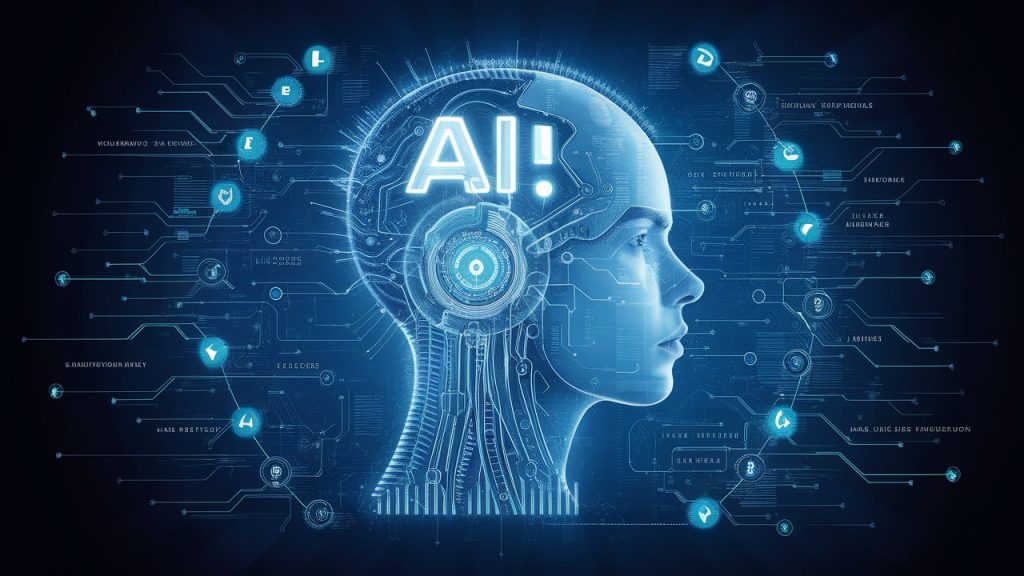
Artificial intelligence has become a cornerstone of marketing automation, offering unparalleled capabilities in data analysis and decision-making. AI algorithms can predict consumer behavior by analyzing historical data, enabling businesses to create more targeted campaigns. Automated email responses, chatbots, and recommendation engines are just a few applications already gaining traction. Moreover, AI-powered systems provide real-time insights, allowing marketers to adjust their strategies on the fly.
Predictive analytics, for instance, helps in segmenting audiences more effectively, ensuring that campaigns reach the right people at the right time. In 2024, expect even deeper AI integration, with tools that understand consumer intent more precisely than ever before.
Conversational Marketing

Conversational marketing, driven by chatbots and voice assistants, is taking center stage. Consumers prefer brands that offer immediate and personalized responses, and automation is making this possible at scale. AI-powered chatbots can handle multiple customer queries simultaneously, reducing response times and improving user satisfaction.
Additionally, conversational tools are being enhanced with natural language processing (NLP), enabling more human-like interactions. In 2024, expect brands to use these technologies to create seamless conversational experiences across platforms, including social media, websites, and messaging apps. This trend not only fosters customer engagement but also builds trust and loyalty. Dive deeper into our [blog posts] for in-depth insights and examples.
Privacy-First Automation
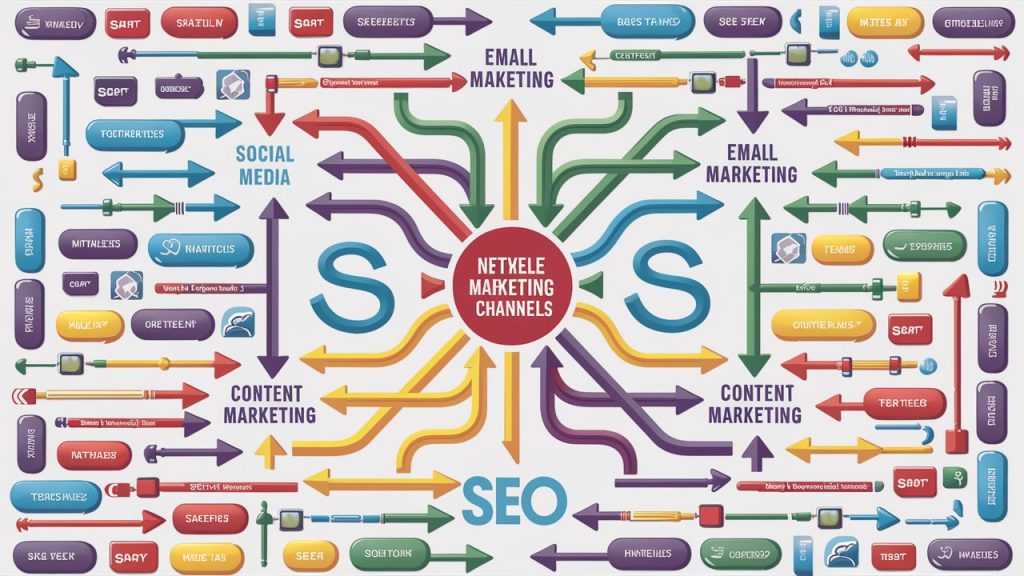
With stricter data protection regulations and rising consumer awareness, privacy-first automation is becoming a necessity. Marketers must adopt tools and practices that comply with laws like GDPR and CCPA while respecting user preferences. Consent-based data collection, transparent policies, and anonymized analytics are crucial components of this trend.
Automation platforms are also incorporating features like secure data storage and encryption to protect user information. In 2024, marketers will prioritize building trust through privacy-first initiatives, ensuring their strategies align with ethical standards while maintaining effectiveness.
Content Personalization at Scale
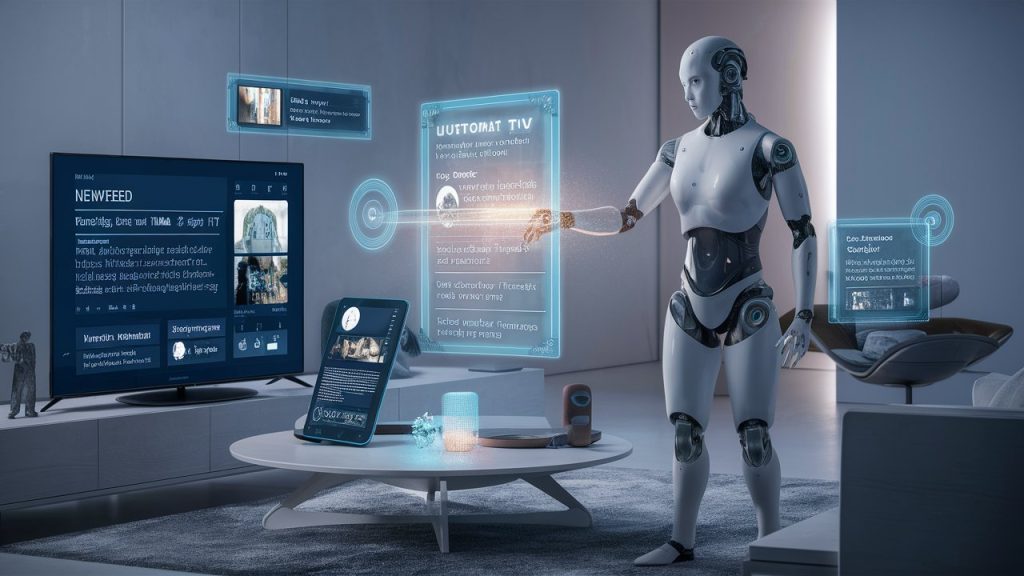
Personalization has always been a key aspect of successful marketing, but scaling it effectively has been a challenge. With advancements in automation, marketers can now deliver personalized content to millions of users without sacrificing quality. Dynamic content generation tools enable the creation of tailored emails, ads, and recommendations based on user preferences.
In 2024, expect to see even more sophisticated tools that integrate AI and machine learning to deliver hyper-personalized experiences. From adaptive website content to personalized video messages, brands will use automation to make every interaction meaningful and relevant.
Voices and Visual Search Engine Optimization
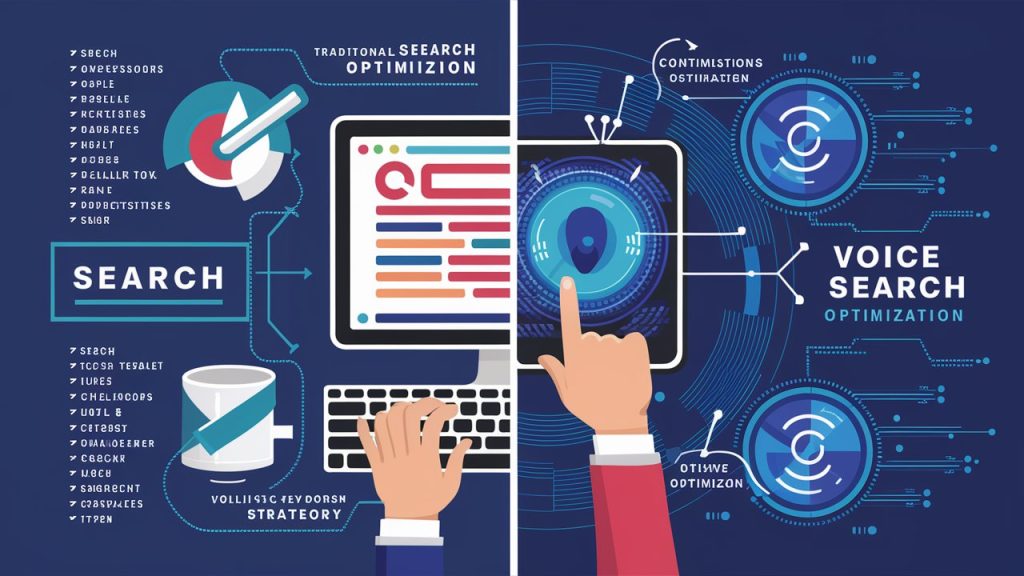
As voice and visual search continue to gain popularity, marketers are adapting their strategies to include these mediums. Voice search optimization involves creating content that aligns with how people speak, focusing on conversational keywords and natural phrasing. Visual search, on the other hand, leverages AI to identify products or information based on images.
Incorporating these trends into marketing automation can enhance visibility and user engagement. Automation tools that optimize content for these search methods are becoming more advanced, making it easier for businesses to stay ahead of the curve. In 2024, brands will invest heavily in these areas to capture new audiences.
Lifecycle Marketing Automation
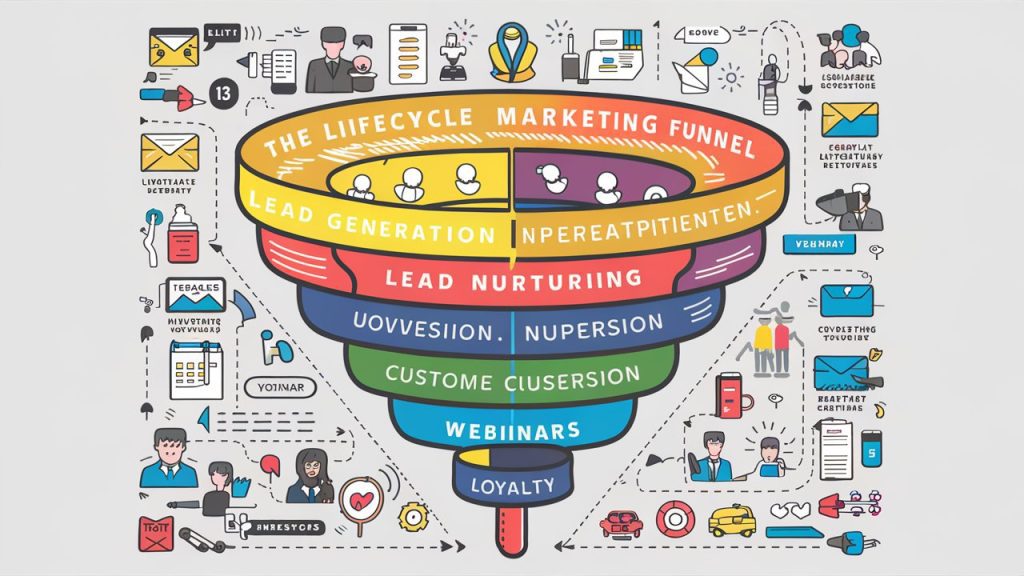
Lifecycle marketing automation focuses on guiding customers through every stage of their journey, from awareness to advocacy. By leveraging automation, marketers can deliver timely and relevant messages at each stage, ensuring a seamless experience.
This trend emphasizes the importance of nurturing relationships over time rather than focusing solely on immediate conversions. Automation tools help track customer behavior, trigger appropriate actions, and measure the effectiveness of each campaign. In 2024, businesses will refine their lifecycle marketing strategies to maximize long-term value and customer retention.
AI-Driven Personalization
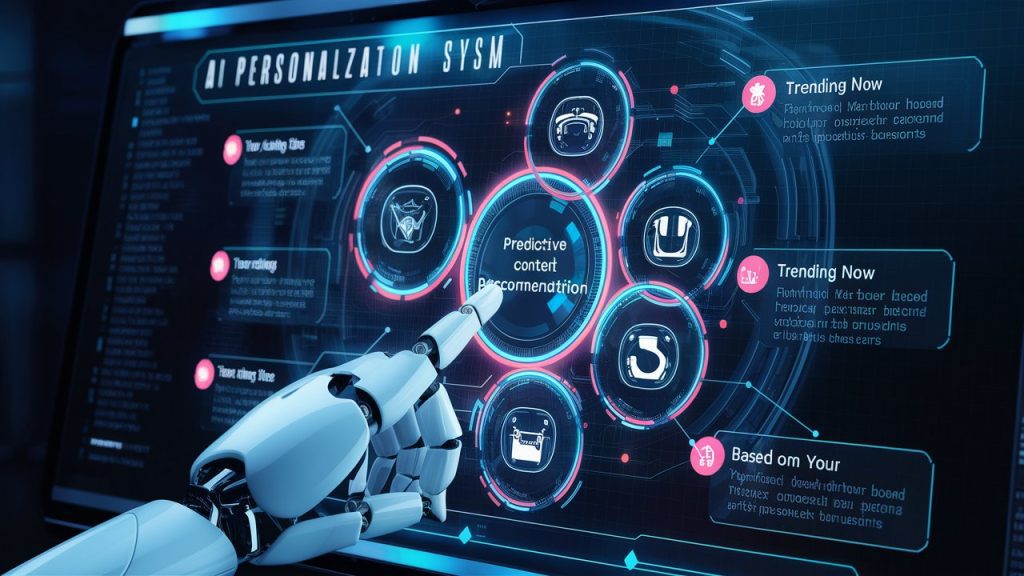
AI-driven personalization is revolutionizing how brands interact with customers. By analyzing data points like browsing history, purchase patterns, and demographic information, AI can create tailored recommendations that resonate with individual users.
This level of personalization extends beyond content to include pricing, promotions, and even product offerings. In 2024, expect businesses to adopt AI tools that enable them to deliver truly one-to-one experiences, fostering deeper connections with their audiences and driving higher conversion rates.
Conclusion: Promote Innovation and Personalized Education and Training
The marketing automation landscape in 2024 is defined by innovation, adaptability, and a focus on the customer. From AI-powered tools and conversational marketing to privacy-first practices and personalized strategies, these trends are shaping the future of the industry. To stay competitive, businesses must not only adopt these technologies but also invest in education and training to ensure their teams are equipped to harness their full potential.
By embracing these trends, marketers can create impactful campaigns that resonate with audiences, build trust, and drive results. The future of marketing automation is bright, and those who innovate and adapt will undoubtedly lead the way.

